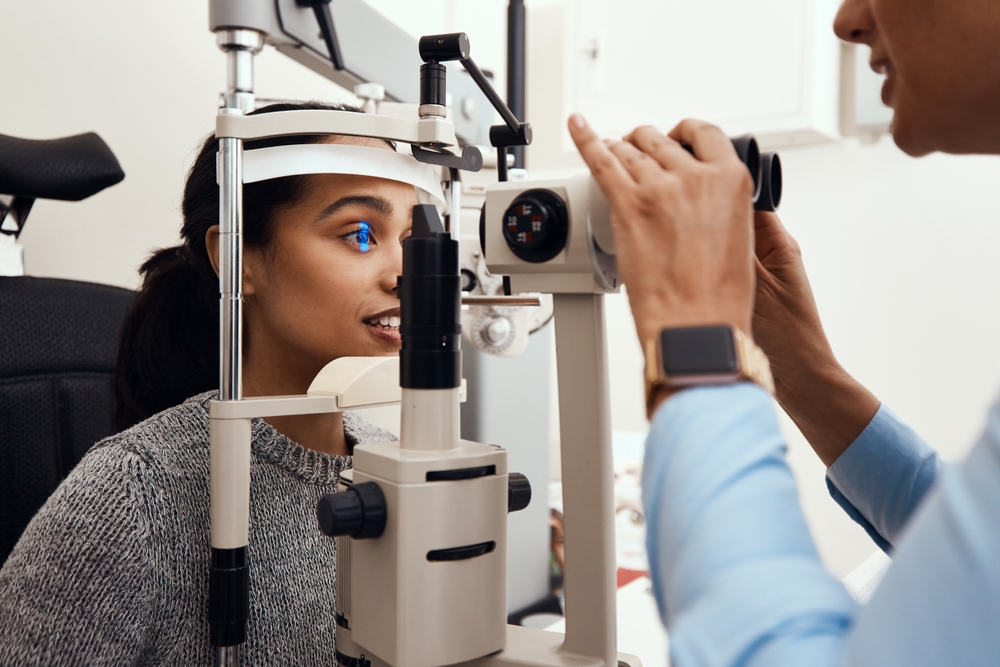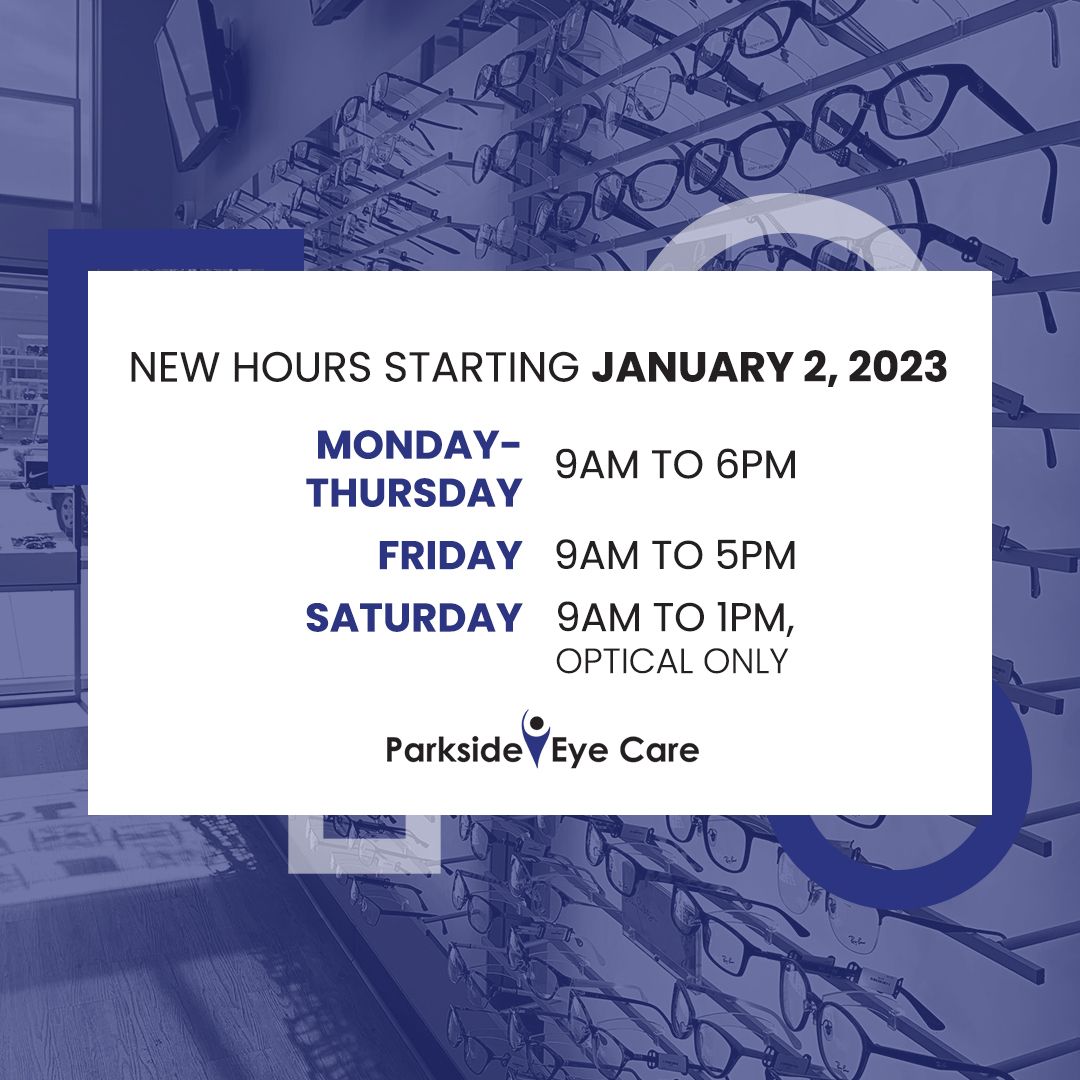
When you decide to transition from glasses to contact lenses, or if you're simply updating your prescription, a contact lens exam is an essential step to ensuring your vision and eye health are properly catered to. Unlike a standard eye exam, a contact lens exam is more specialized, focusing on finding the perfect fit and assessing whether your eyes are suitable for lens wear.
What Does a Contact Lens Exam Involve?
A contact lens exam is a multifaceted process designed to ascertain the best type of contacts for your eyes. Your optometrist will begin with a review of your vision history and any previous eyewear prescriptions. This background information provides a starting point for determining your current visual acuity and eye health status.
The next step is the keratometry or topography, which involves measuring the curvature of your cornea, the clear front surface of your eye. This measurement helps your eye care professional to find the lens that best fits the surface of your eye. The fit is crucial for comfort, clear vision, and the health of your cornea, as ill-fitting lenses can cause damage over time.
The optometrist's expertise allows them to determine if you're better suited for soft lenses, rigid gas permeable lenses, or specialized lenses for conditions like astigmatism or keratoconus. With their comprehensive knowledge of the various contact lens options, they can provide personalized advice and solutions, even for those who have been previously told they cannot wear contact lenses due to certain eye conditions.
Common Conditions That Affect Lens Wear
As a contact lens wearer, you should be aware of common conditions that could affect your ability to wear lenses comfortably. One frequent issue is giant papillary conjunctivitis (GPC), which causes inflammation under the eyelids and can lead to lens intolerance. Symptoms of GPC include itching, redness, and a heavy discharge, which can make wearing lenses uncomfortable or even impossible.
Another condition to be mindful of is keratitis, an inflammation of the cornea often caused by an infection. Keratitis can result from improper lens care or wearing lenses for extended periods. Symptoms like pain, blurred vision, and sensitivity to light require immediate attention from your optometrist to prevent serious damage.
Corneal abrasions are also a concern for lens wearers. These can occur from the accidental scratching of the cornea by the lens or by foreign particles trapped under the lens. If you experience sudden pain, tearing, or a sensation that something is in your eye, remove your lens and seek professional care promptly.
The Importance of Follow-Up Appointments After a Contact Lens Exam
After your initial contact lens exam, follow-up appointments play a crucial role in monitoring the ongoing health of your eyes. These appointments allow your optometrist to observe how your eyes are adapting to the lenses over time and to catch any early signs of potential issues.
During these follow-ups, your optometrist can assess the lens fit, your eye's response to the lenses, and the health of your corneal surface. They can also re-evaluate your tear film and adjust your lens prescription or care regimen if necessary.
Regular check-ups are an opportunity to discuss any discomfort you may be experiencing and to address any questions or concerns you may have. Your optometrist can provide guidance on how to optimize your lens wear experience and ensure that your eyes remain healthy.
Conclusion
A comprehensive contact lens exam is more than just a routine check-up; it's an investment in your vision and eye health. By understanding what the exam involves, how optometrists screen for conditions that can affect lens wear, and the importance of follow-up appointments, you are better equipped to make informed decisions about your contact lens use.
Take the first step towards clear vision and healthy eyes by scheduling your contact lens exam today, visit Parkside Eye Care at our office in Cary, North Carolina. Call (919) 883-9987 to schedule an appointment today.














